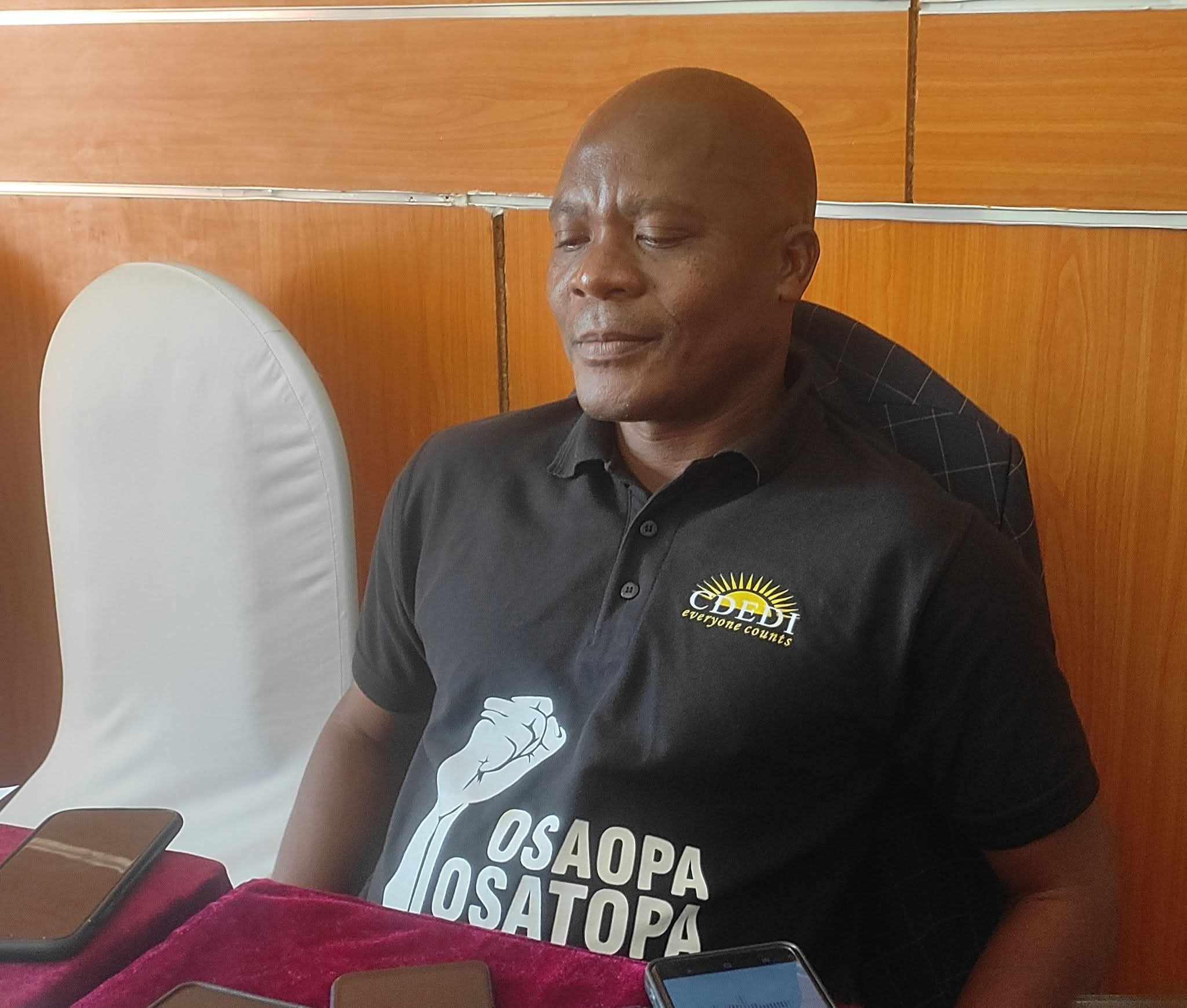By Burnett Munthali
In a time where misinformation can rapidly spread through social media, political figures are often the subject of rumors and speculation. This was the case when rumors emerged on various platforms suggesting that Timothy Mtambo, the vice president of the Alliance for Democracy (AFORD), would lead demonstrations against the Malawi Congress Party (MCP) government. The rumors claimed the protests would pressure the government on a range of issues, including the resignation of Malawi Electoral Commission (MEC) chairperson Anabel Mntalimanja.
Mtambo wasted no time in debunking these rumors. Through a direct WhatsApp exchange with this reporter on October 20, 2024, he categorically dismissed the claims. His statement, “Not true. Anything from us shall come out through our formal communication,” was a clear message not only to those spreading misinformation but also to the wider public.
This incident underscores two key aspects of contemporary political dynamics: the power of social media to spread unverified information and the role of political figures in managing their public narratives.
The rapid circulation of rumors concerning Mtambo’s alleged participation in the protests reflects how easily misinformation can permeate public discourse. In Malawi, as in many other countries, social media platforms have become a primary space for political commentary and mobilization. While this allows for democratic engagement, it also opens the door to disinformation, with rumors quickly taking on lives of their own.
In this particular case, the rumors, written in Chichewa, falsely claimed that Mtambo would lead large-scale demonstrations similar to those that took place in 2019. The fact that these claims spread so quickly highlights the need for both political figures and the public to remain vigilant. Mtambo’s quick and firm denial was essential to discredit the rumors, but it also points to a larger problem—how easily false narratives can shape public perception.
Mtambo’s response to these rumors highlights the importance of formal communication in maintaining credibility and transparency in politics. By asserting that any announcements from him or AFORD would come through formal channels, he reinforced the idea that social media is not always a reliable source for accurate political information. This is crucial for political leaders in the digital age, where managing one’s narrative means striking a balance between transparency and protecting against disinformation.
His clarification was not only a dismissal of the rumors but also a message to his political opponents and supporters alike: official communication matters, and unverified claims should not be taken at face value. This approach strengthens his position as a political leader who values accountability and ensures that false claims are swiftly addressed before they can cause significant damage.
Misinformation in politics has serious consequences, especially when it concerns potential protests or public demonstrations. In this case, the rumors created unnecessary speculation and unrest, with some individuals already anticipating violent protests. Mtambo’s prompt response averted what could have escalated into a volatile situation, particularly given Malawi’s history of politically motivated protests.
This incident also serves as a reminder to the public to be discerning about the information they consume. Verifying claims through formal or trusted channels is critical in preventing the spread of falsehoods, particularly on sensitive issues that could ignite political tensions.
Timothy Mtambo’s denial of the rumors surrounding his participation in demonstrations against the MCP government serves as a critical reminder of the dangers of political misinformation. In an age where social media dominates public discourse, it is more important than ever for political figures to take charge of their narrative and ensure transparency through formal communication. At the same time, it is essential for the public to verify information before taking it at face value. Misinformation can easily stir unrest, but swift responses like Mtambo’s are key to preserving stability and preventing unnecessary tensions.




